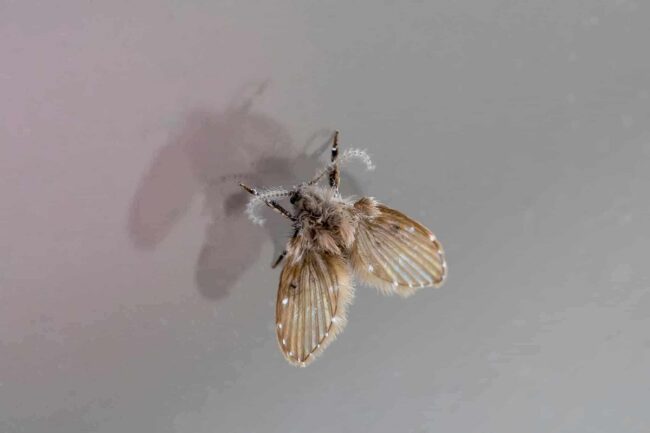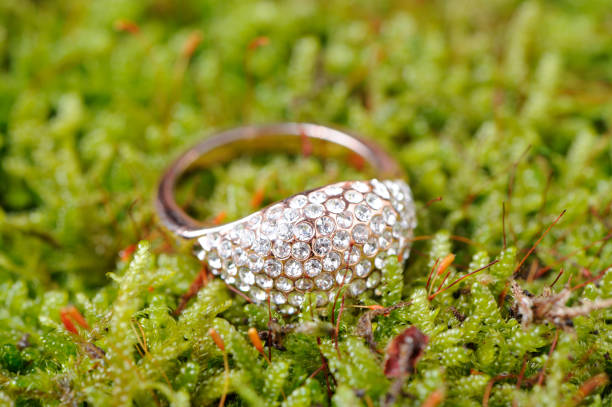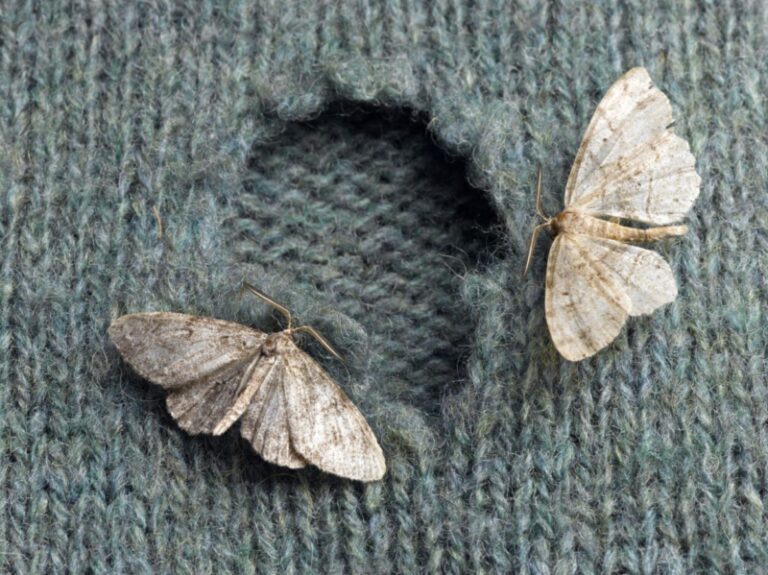What Does It Mean When Bugs Are Attracted to You?
Have you ever wondered why, during a serene evening in the garden or a peaceful hike in the woods, you seem to become the center of attention for every bug in the vicinity?
This common phenomenon often leads many to ask: “What does it mean when bugs are attracted to you?”
Understanding the reasons behind this can be crucial for those who find themselves consistently targeted by these tiny creatures.
The world of insects is incredibly diverse and complex. Their behaviors, particularly those related to human interaction, are influenced by a myriad of factors.
From the scents we emit to the colors we wear, various elements can turn us into unwitting magnets for these creatures.
In this article, we delve into the science behind why bugs are attracted to certain people and offer practical advice on how to minimize these unwanted encounters.
The Alluring World of Scents
Insects, especially those like mosquitoes and bees, have a highly developed sense of smell. This olfactory acuity guides them to food sources, mates, and even potential threats.
Unfortunately for us, many of the scented products we use daily, such as perfumes, deodorants, and lotions, emit odors that are irresistible to these bugs.
Floral and musky fragrances, in particular, tend to attract a wide range of insects.
Switching to unscented products or those with less pronounced fragrances can significantly reduce your appeal to bugs.
This simple change can be a game-changer for those who frequently find themselves the target of insect attention.
The Color of Attraction
The visual acuity of insects is another key factor in their interaction with humans. Many bugs are drawn to specific colors that mimic their natural environments or food sources.
For instance, bees are known to be attracted to bright colors, particularly shades of violet, which are indicative of nectar-rich flowers.
On the other hand, mosquitoes and ticks tend to be drawn to darker colors like black, brown, and blue.
Understanding the color preferences of the bugs in your area can help you make more informed choices about your outdoor attire.
While there is no universally ignored color by insects, wearing white or neutral tones can generally reduce your visibility to these creatures.
The Scent of You: Body Odor and Sweat
Our natural body odor and sweat can also be significant attractants for bugs. The smell of lactic acid and ammonia in our sweat is particularly appealing to mosquitoes.
Even small amounts on clothing items like socks and shoes can be enough to attract these pests.
While it’s challenging to completely mask these natural scents, maintaining good hygiene, using unscented deodorants, and wearing fresh clothing can help reduce your attractiveness to bugs.
Dining Al Fresco: Food and Beverages as Bug Magnets
Eating and drinking outdoors is an almost surefire way to attract insects. The aromas of our meals are as appealing to bugs as they are to us. Ants, bees, mosquitoes,
and other insects are often drawn to the scent of our food, making outdoor dining a prime time for bug encounters.
To mitigate this, opt for foods with less pungent smells, keep edibles in closed containers, and be diligent about cleaning up and disposing of trash promptly. Interestingly, alcoholic beverages, particularly beer, are also known to attract insects.
The yeast and sugars in these drinks are irresistible to many bugs. Keeping your drink covered and minimizing spillage can help keep these uninvited guests at bay.
Blood Type: An Insect’s Preference
A lesser-known but fascinating aspect of why bugs are attracted to certain individuals lies in our blood type.
Research has shown that mosquitoes, for instance, have a preference for certain blood types, with Type O being particularly appealing.
This preference is believed to be due to the chemical markers our blood type leaves on our skin.
Unfortunately, unlike our choice of clothing or the food we eat, our blood type is not something we can alter.
However, being aware of this factor can help us understand and anticipate our encounters with these pests.
Beyond Repellents: Professional Pest Control
While many turn to insect repellents as a first line of defense, these products often contain chemicals that can be harsh and potentially harmful over time.
An alternative approach is to seek the expertise of professional pest control services.
These experts can offer tailored solutions to manage and reduce the presence of pests in your living spaces, both indoors and outdoors.
Conclusion
In conclusion, the question “What does it mean when bugs are attracted to you?” uncovers a complex interplay of factors, including the scents we emit, the colors we wear, our natural body odors, the food and drinks we consume, and even our blood type.
By understanding these elements, we can take proactive steps to reduce our attractiveness to bugs and enjoy our time outdoors with fewer interruptions from these persistent creatures.
Remember, while we may not be able to change certain aspects like our blood type, small changes in our daily habits and choices can make a significant difference in our interactions with the insect world.







